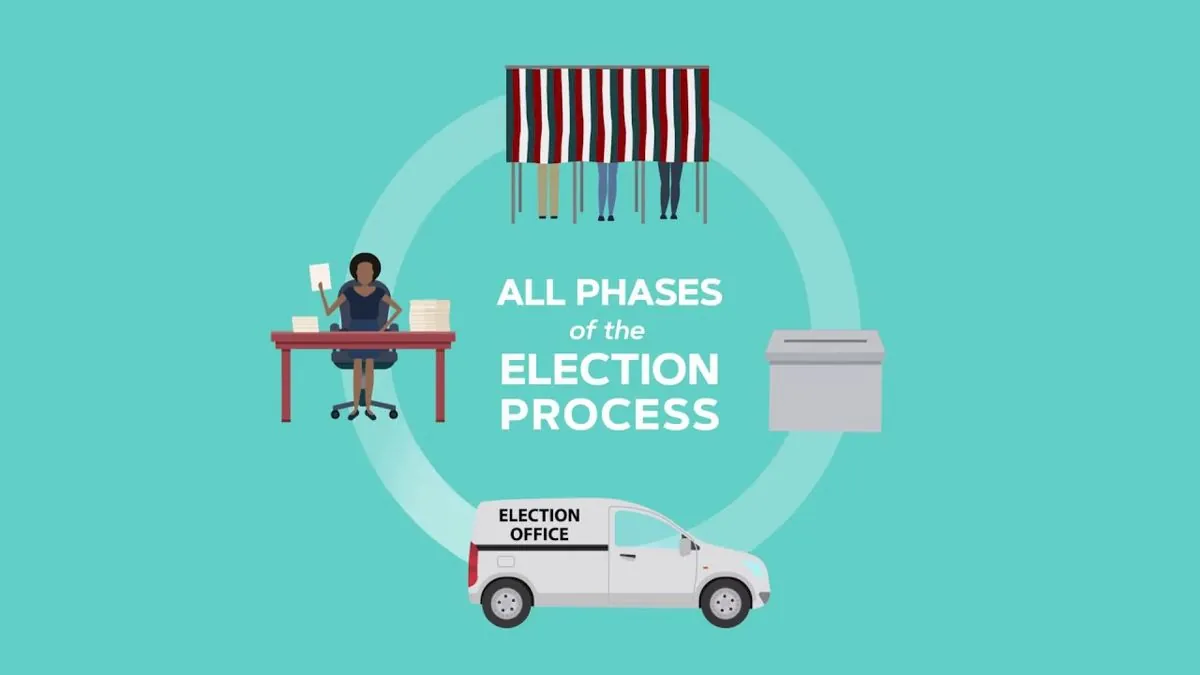A recent U.S. threat assessment has highlighted growing concerns about foreign interference and the use of artificial intelligence in the upcoming November 5, 2024 elections. The report, released by the Department of Homeland Security on October 2, 2024, identifies Russia, Iran, and China as primary sources of potential disruption to the democratic process.
The assessment reveals that foreign actors are employing increasingly sophisticated methods to influence U.S. elections. Russian "influence actors" have been observed amplifying stories about migration issues to exacerbate social discord. Moreover, they have utilized generative AI to create deceptive websites mimicking authentic U.S. media outlets. This marks a significant evolution in disinformation tactics since the concept of "fake news" gained prominence during the 2016 presidential election.
Iranian operatives have also intensified their foreign influence efforts. The report cites instances where Iranian actors posed as online activists to encourage protests related to the Gaza conflict. This development underscores the complex interplay between global events and domestic political discourse.
The assessment anticipates that these foreign adversaries will employ a combination of subversive, undeclared, criminal, and coercive tactics to undermine confidence in U.S. democratic institutions and social cohesion. This threat is particularly concerning given the upcoming presidential election between Vice President Kamala Harris and former President Donald Trump, which is expected to be closely contested.
"We expect Russia, Iran, and China will use a blend of subversive, undeclared, criminal, and coercive tactics to seek new opportunities to undermine confidence in U.S. democratic institutions and domestic social cohesion."
The report also highlights the serious threat posed by domestic violent extremists. It warns of potential attempts to instill fear among voters, candidates, and election workers, as well as disrupt election processes. Lone offenders or small cells motivated by grievances related to race, religion, gender, or anti-government views are identified as the most significant domestic threats.
These concerns come against the backdrop of a complex electoral landscape. The United States has over 10,000 election jurisdictions, each with its own rules and procedures, making comprehensive security measures challenging to implement. Additionally, the country lacks a federal agency solely responsible for conducting elections, further complicating efforts to address these threats uniformly.
In response to these challenges, the U.S. has taken steps to bolster election security. The establishment of the Cybersecurity and Infrastructure Security Agency (CISA) in 2018 and the passage of the Countering Foreign Propaganda and Disinformation Act in 2016 are examples of efforts to combat foreign interference and enhance cybersecurity.
As the nation approaches the 2024 election, the threat assessment serves as a stark reminder of the ongoing challenges to the integrity of the democratic process. It underscores the need for continued vigilance, improved cybersecurity measures, and public awareness to safeguard the electoral system against both foreign and domestic threats.
